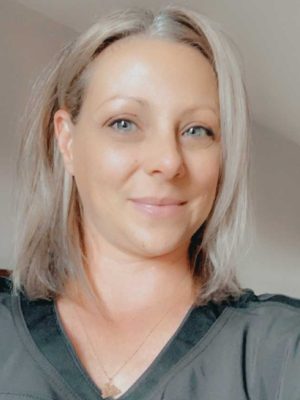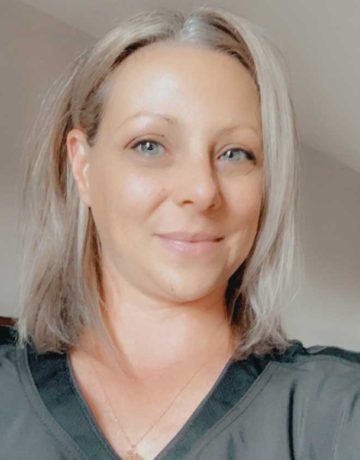Ultrasound uses high-frequency sound waves to look at organs and structures inside the body. During pregnancy, doctors use ultrasound tests to examine the baby. Unlike an X-ray, an ultrasound does not involve exposure to radiation.
How the test is performed
The ultrasound technician will position you on the table, apply gel on your skin (over the area being imaged), and then press on the skin with a hand-held transducer to obtain the necessary images.
How to prepare for the test
Preparation varies by type of ultrasound. It is very important for you to know whether you should eat or drink before the test:
- Abdominal ultrasound (liver, bile ducts, spleen, pancreas, gallbladder, aorta) – Do not eat or drink for six hours prior to the test. Medications may be taken with water.
- Abdominal and pelvic ultrasound – You may not eat for six hours prior to the test but you must arrive with a full bladder. Finish drinking 1 litre (36 ounces) of water one hour before your appointment.
- Pelvic ultrasound (including transvaginal) – You must arrive with a full bladder. Finish drinking 1 litre (36 ounces) of water one hour before your appointment.
- Pregnancy ultrasound –You must arrive with a full bladder. Finish drinking 1 litre (36 oz.) of water one hour before your appointment.
- Prostate ultrasound – You must arrive with a full bladder. Finish drinking 1 litre (36 ounces) of water one hour before your appointment.
- Renal ultrasound (kidneys, ureters, bladder) – You may not eat for six hours prior to the test but you must arrive with a full bladder. Finish drinking 1 litre (36 ounces) of water one hour before your appointment. Medications may be taken with water.
- Other – no preparation required.
How the test will feel
Most ultrasound examinations are quick and painless. If you are having a pelvic or endovaginal ultrasound you may have some discomfort because of the fullness of your bladder.


